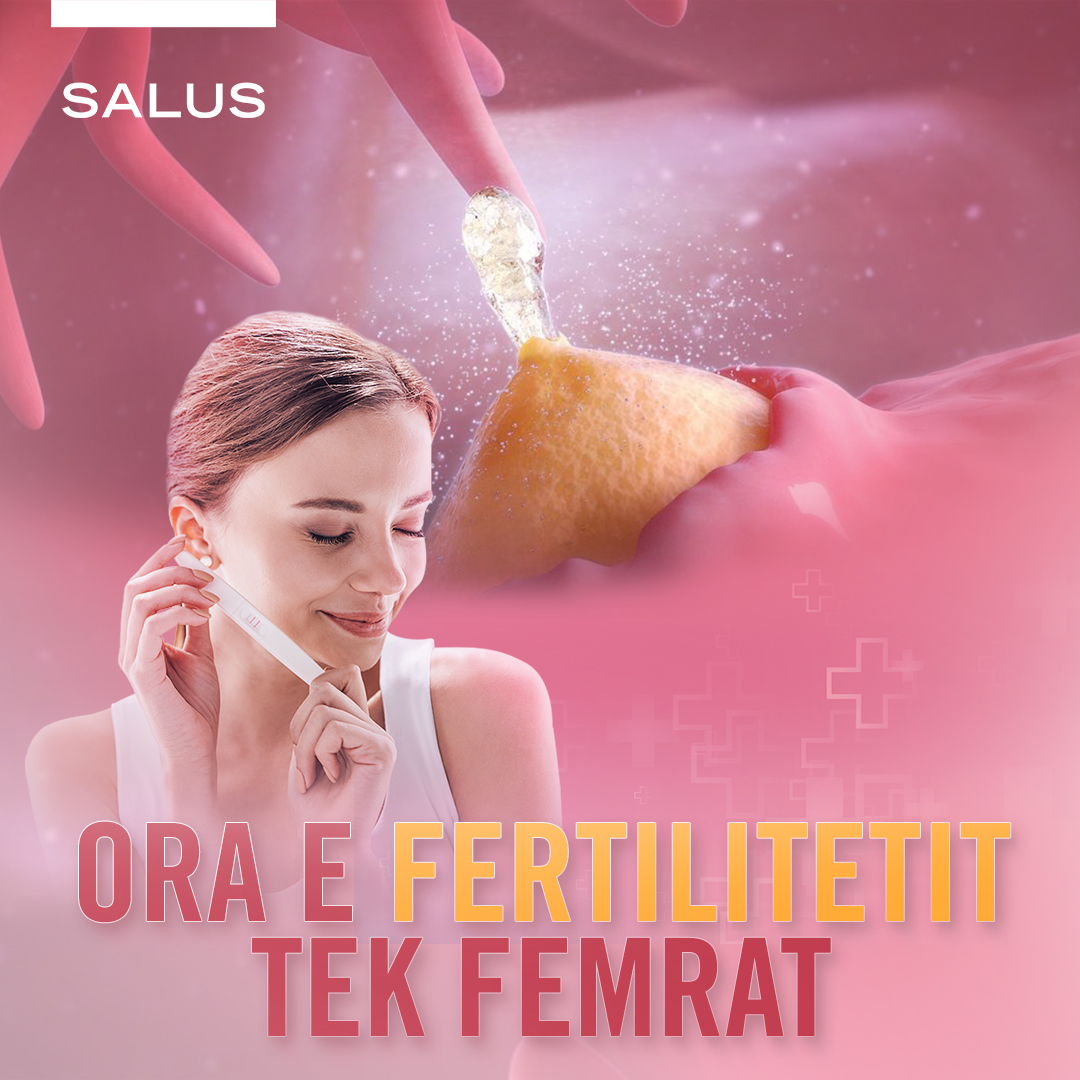
Ovarian reserve refers to the number of follicles present in the ovary at any given time. A decrease in ovarian reserve is practically a decrease in the number of eggs. The age of the woman is the most important determining factor of this capacity.
After the age of 35, we have a decrease in the number and quality of eggs.
There are many other factors and it can happen without cause at young ages, when this factor is often unidentifiable, except that it reduces the quantity, damages and quality of the follicles.
Not necessarily a regular menstrual cycle, it indicates a good ovarian reserve, it can continue like this for a long time of compensation.
The most common causes that decrease the ovarian reserve are:
➡️Surgery related to the ovaries
Radiotherapy and chemotherapy
➡️Tobacco
➡️Alcohol
➡️ Ovarian endometriosis
➡️Obesity
➡️Genetic anomalies (Turner, etc.)
Symptoms:
❗️Shorter cycle than usual - the frequency of menstruation increases
❗️Infertility
❗️Lower success rate in assisted reproduction cycles
Tests that evaluate Ovarian Reserve:
✅AMH test (Low or very low values are useful to increase the awareness of the patient to do one of the assisted reproduction techniques, do egg freezing or wait for the natural course towards premature menopause or not.
✅FSH test - High values indicate a low ovarian reserve, but normal values do not exclude a low ovarian reserve.
For more information, contact us at the phone numbers:
+355 682053180
+355 4 23 90 500
➕Salus, your hospital!